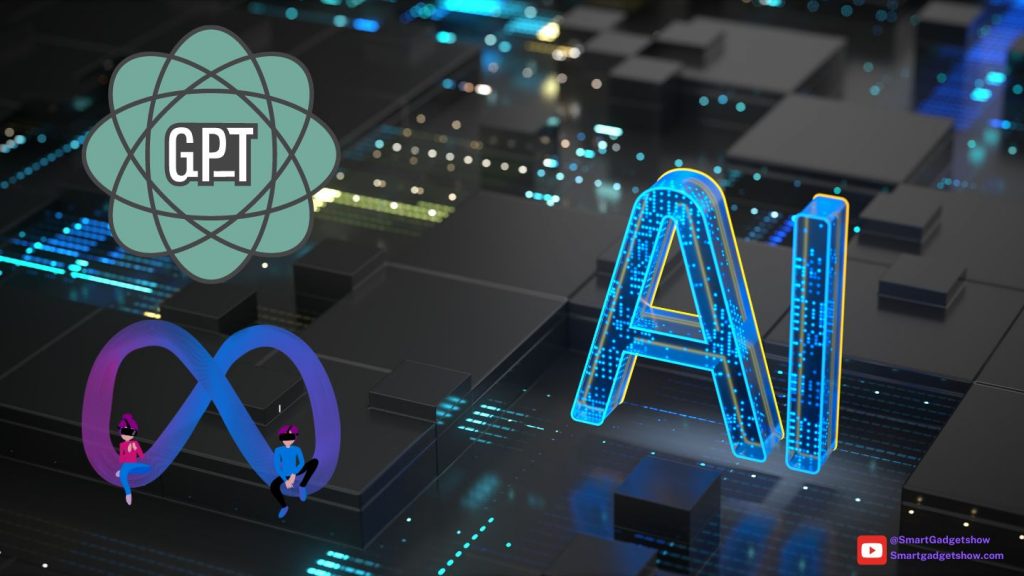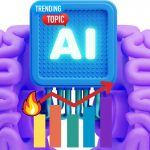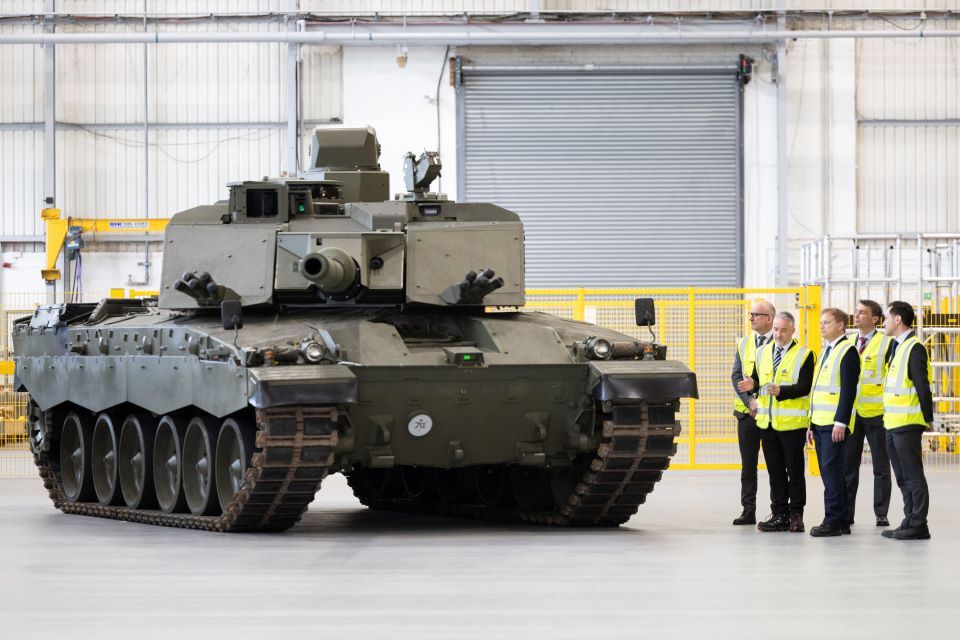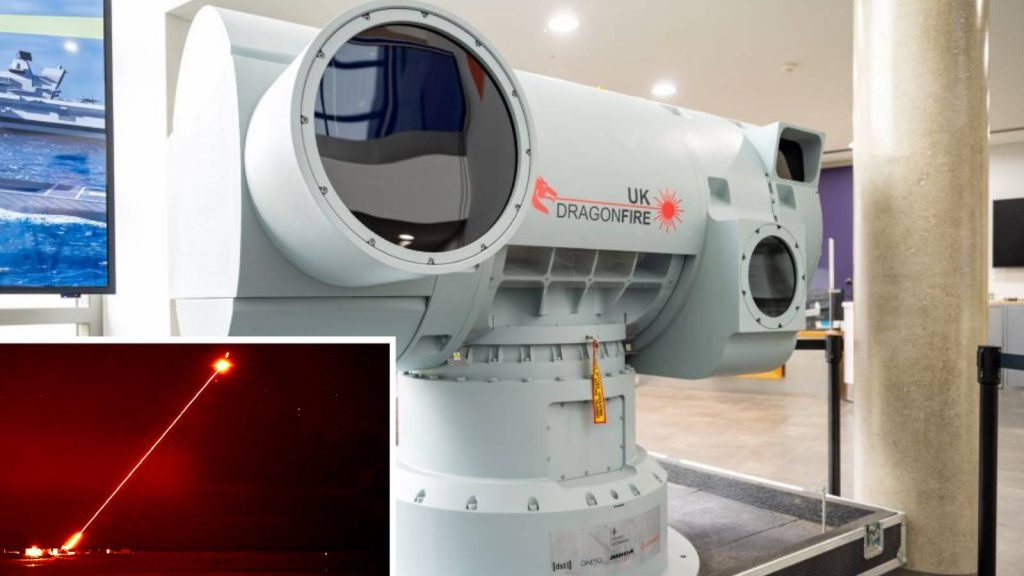Tesla chief Elon Musk has reignited the debate on artificial intelligence (AI) with a bold prediction. He believes that AI surpassing human intelligence could arrive by the end of next year, significantly faster than his previous estimations.
“My guess is that we’ll have AI that is smarter than any one human probably around the end of next year,” said the billionaire entrepreneur, who runs Tesla, X and SpaceX.
This coincides with news of advancements from OpenAI and Meta, who are preparing to launch new versions with “reasoning” capabilities.
Meta’s Llama 3 could be released next week, Llama 3 promises to be a significant upgrade from its predecessors. While details are still under wraps, Meta has hinted at capabilities beyond just conversation. The focus seems to be on “reasoning,” allowing Llama 3 to analyze information, draw conclusions, and potentially solve problems in a more human-like way. This could revolutionize how AI assists us in complex tasks.
OpenAI’s ChatGPT-5 shrouded in a bit more secrecy, ChatGPT-5 is expected to arrive “soon.” Little is officially known, but considering the success of previous versions of ChatGPT, we can expect significant improvements in its ability to hold conversations that are indistinguishable from human interaction.
Traditionally, AI has excelled in specific tasks, but these new models aim to be more well-rounded. Reasoning, a crucial aspect of human intelligence, would allow AI to analyze information, draw conclusions, and solve problems in a more human-like way.
While some share Musk’s optimism about the potential of AI, others remain cautious. Developing “true” artificial general intelligence (AGI), a hypothetical AI capable of matching or exceeding human intelligence in all aspects, is a complex challenge and infrastructure will need to keep up with technology’s demands.
Even if achieved, the impact of such advanced AI is uncertain. Some experts believe it could revolutionize various fields, while others raise concerns about potential risks and ethical considerations.
Musk himself has been a vocal advocate for responsible AI development, co-founding OpenAI to ensure its safe use.
One thing is certain: with advancements from companies like OpenAI and Meta, coupled with predictions like Musk’s, the conversation surrounding AI’s capabilities is only going to intensify.
2023 was a banner year for AI, with advancements across various sectors. Here are some key breakthroughs:
- Reasoning AI: Traditionally, AI excelled at specific tasks. A major leap forward came with AI models capable of reasoning. Companies like OpenAI and Meta unveiled models that can analyze information, draw conclusions, and solve problems in a more human-like way. This paves the way for AI that can assist in complex decision-making processes.
- AI in Art and Creativity: AI’s impact went beyond just logic. 2023 saw a surge in AI-generated art and music. Tools like DALL-E and Midjourney generated incredibly realistic images based on text descriptions. AI-powered music composers created new musical pieces, blurring the lines between human and machine creativity.
- Video Generation: Text-to-video and image-to-video generation took a leap forward. Tools like ByteDance’s Magic Video V2 and Google’s LaMDA could create high-quality videos based on text descriptions or modify existing videos. This opens doors for new applications in filmmaking, education, and entertainment.
- AI’s Real-World Impact: The year wasn’t just about flashy demos. AI advancements made a tangible difference in various fields.
- Healthcare: AI played a crucial role in medical diagnostics and drug discovery, accelerating research and improving patient care.
- Autonomous Vehicles: Companies like Tesla and Waymo made significant strides in self-driving car technology, with successful trials paving the way for a future with autonomous transportation.
- Climate Change: AI was used to analyze climate data, predict weather patterns, and develop solutions for sustainability.
The rapid advancement of AI has hit a hurdle: a bottleneck in the supply of microchips, specifically those manufactured by Nvidia. These chips are essential for training and running complex AI models, and their scarcity has slowed down the entire field.
The UK is experiencing a surge in data centre construction, fueled by a growing demand for cloud services, artificial intelligence (AI), and internet-connected devices.
Examples of New Data Centers:
- Google’s $1 billion data center in Waltham Cross, Hertfordshire, will provide crucial computing power for businesses and Google Cloud customers.
- VIRTUS Data Centres announced plans for a new state-of-the-art data center campus on a 50-acre plot in Buckinghamshire.







